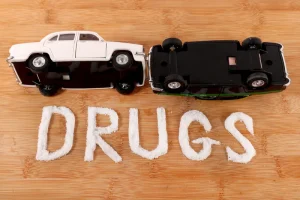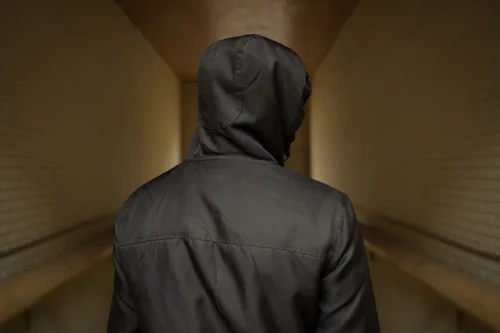
Help from your health care provider, family, friends, support groups signs of drug use or an organized treatment program can help you overcome your drug addiction and stay drug-free. Many people don’t understand why or how other people become addicted to drugs. They may mistakenly think that those who use drugs lack moral principles or willpower and that they could stop their drug use simply by choosing to. In reality, drug addiction is a complex disease, and quitting usually takes more than good intentions or a strong will. Drugs change the brain in ways that make quitting hard, even for those who want to. Fortunately, researchers know more than ever about how drugs affect the brain and have found treatments that can help people recover from drug addiction and lead productive lives.
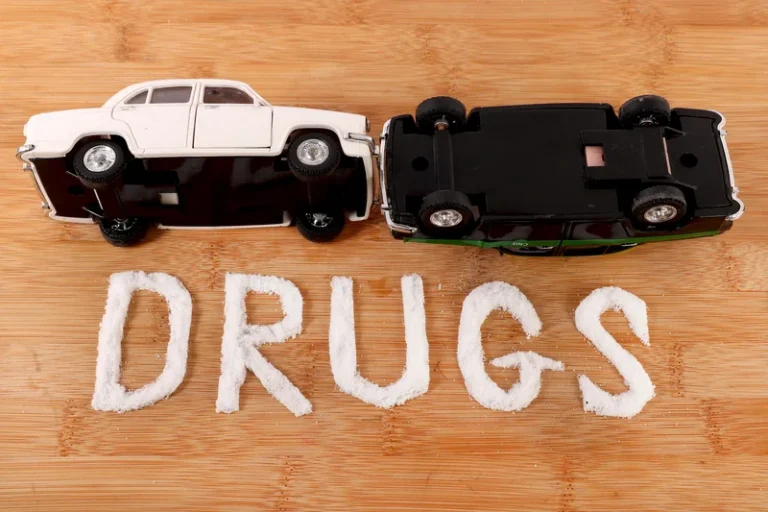
The Misuse of Drugs Act 1971
Together, they can make your blood pressure rise, which puts you at risk of stroke. While many drugs can be taken for pleasure, there are four major types of recreational drugs that you might encounter. The legality of a drug varies depending on the country, state, region, and county. Some might be legal at the state level but illegal federally.
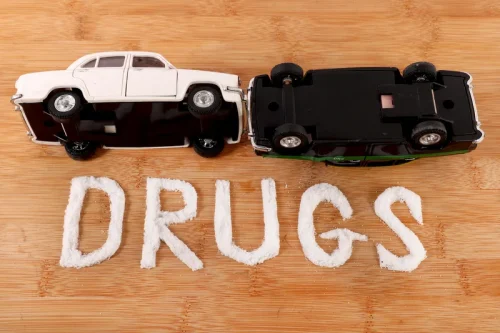
What other factors increase the risk of addiction?
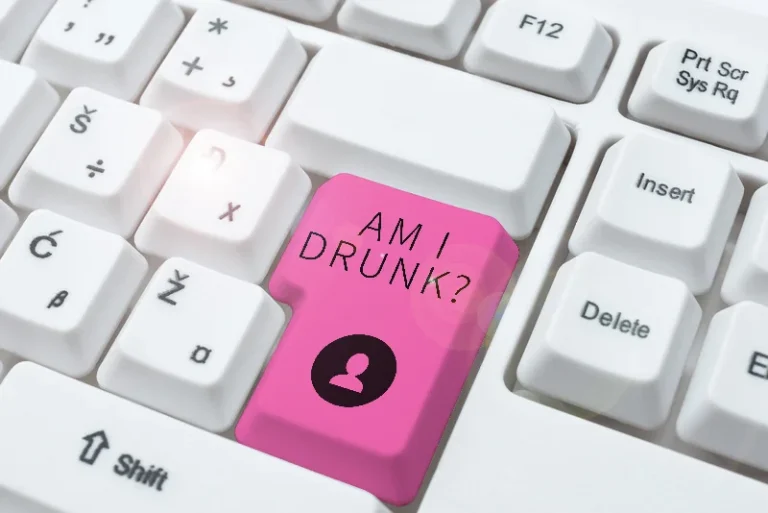
Genes, other mental health conditions, developmental factors, and environmental influences all play a role. The best way to prevent an addiction to a drug is not to take the drug at all. If your health care provider prescribes a drug with the potential for addiction, use care when taking the drug and follow instructions. Drug use can have significant and damaging short-term and long-term effects. Taking some drugs can be particularly risky, especially if you take high doses or combine them with other drugs or alcohol.
Most Americans Favor Legalizing Marijuana for Medical, Recreational Use
- Involvement amongst LGBTQI+ female participants was higher than LGBTQI+ males (50).
- Antihistamines are also consumed in combination with alcohol, particularly by youth who find it hard to obtain alcohol.
- Pew Research Center conducted this study to understand the public’s views about the legalization of marijuana in the United States.
- The powder is called coke and is usually sniffed up the nose.
- These influences can be linked to the engagement of risk-taking behaviors such as recreational drug use (3, 39, 40).
There is no way to predict who will become addicted to drugs, but a combination of influences can increase a person’s risk of developing an addiction. Sometimes called the “opioid epidemic,” addiction to opioid prescription pain medicines has reached an alarming rate across the United States. Some people who’ve been using opioids over a long period of time may need physician-prescribed temporary or long-term drug substitution during treatment. The Misuse of Drugs Act was a law passed in 1971 in the UK to try to prevent the use of harmful recreational drugs. It divides drugs into three categories – A, B or C, depending on how dangerous they are thought to be.
- Substances can include alcohol, prescription and over-the-counter drugs, illegal drugs, inhalants and solvents, nicotine, and even coffee.
- Whether it be prescription drugs or illicit drugs, the recreational category speaks to those that people, often young adults, will take for a sense of enjoyment.
- Drug addiction can start with experimental use of a recreational drug in social situations, and, for some people, the drug use becomes more frequent.
- Methamfetamines can be swallowed, snorted, injected or smoked.
- Recreational drug users are most likely to be young adults and don’t have an established pattern or frequency for taking drugs; some don’t even have a favorite drug; they experiment with whatever is available.
- Unless mentioned otherwise, the information on this webpage is only about cannabis products containing intoxicating amounts of delta-9 THC.
- Popularly known as “psychedelic drugs,” hallucinogens can alter the way your senses work, including your smell, sight, taste, touch, and hearing.
- Some drugs also have legal medical applications but illegal recreational use (e.g., opioids).
Dried cannabis can also be vaped using electronic vaporizing devices such as dry herb vaporizers and vape pens. For those seeking addiction treatment for themselves or a loved one, our calls are confidential and are available for 24/7 help. If you’re struggling to recover, Better Addiction Care can help connect you to local treatment centers that are most easily accessible to you. Here, you can find new ways to improve, address behavioral problems, and receive proper medical care. Currently, no medication for treating addiction related to cannabis and other stimulants has been approved by the Food and Drug Administration.
